Fossil Fuel
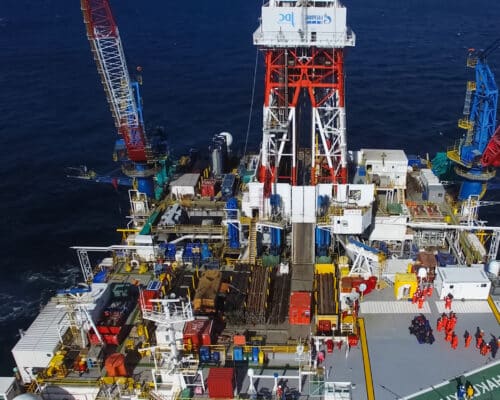
Southeast Asia Oil and Gas Extraction to Escalate, Decarbonisation Goals in Jeopardy
The Southeast Asia region faces a decade of final investment decisions for gas extraction projects, further complicating its decarbonisation goals. The silver lining, however, is that many of these projects have faced years of delay and need to be reassessed.

50 Years of G7: The Group’s Climate Leadership Hinges on Japan and Its Energy Policies
The processes taking place on the domestic stage in Japan, as well as its foreign energy policy, have a direct reflection on the image of the G7, which is supposed to lead the global energy transition and the efforts to minimise the impacts of climate change and protect the most vulnerable.
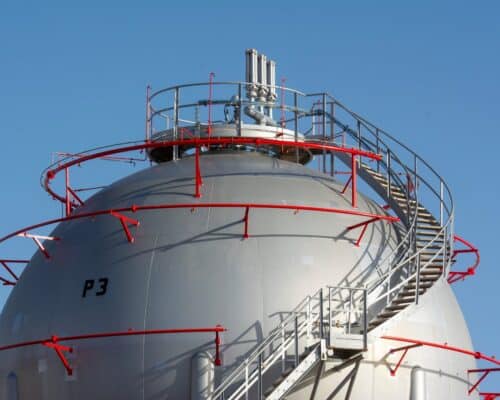
IEEJ Predicts Strong Natural Gas Demand; Experts Find it Unrealistic
The IEEJ’s forecasts significantly overestimate natural gas demand and underestimate renewable potential, driven by close ties to Japanese industry and fossil fuel interests. Its projections also rely on unrealistic assumptions about CCS and emissions reductions, contradicting scientific consensus on clean energy costs and feasibility.

China’s Oil Demand Dropped: Experts See Start of a Trend
The drop in the demand for oil-based fuels in China signals that their peak might be getting closer in what could prove a watershed moment not only for the global oil markets, but also for Asian countries that look toward China for inspiration on how to decarbonise their economies.
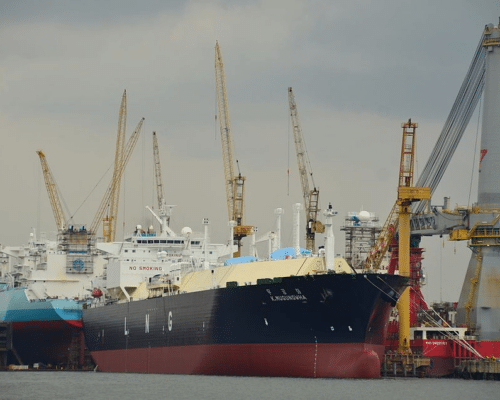
Unneeded Papua New Guinea LNG Project Would Harm Environmental and Human Rights
The Papua New Guinea LNG project is facing increasing investor withdrawal due to environmental and human rights concerns, with 13 of the top 50 investors already committing to withdraw funding. Critics warn that proceeding with this project could exacerbate climate change and violate the rights of local communities, emphasising the need for a shift towards renewable energy investments instead.
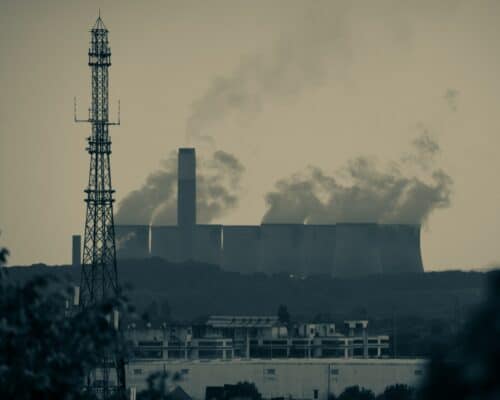
Boom & Bust 2025 Report: New Coal Power the Lowest in 20 Years
While the momentum against coal has never been stronger, the world remains off track with the Paris Agreement goals mainly due to ongoing efforts of high-emitting Asian economies like China, India, Japan, South Korea and Indonesia to extend the life of the most polluting fuel.
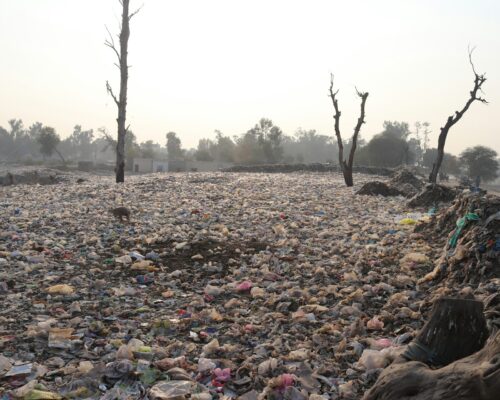
The Global Plastics Treaty and Its Importance to End Plastic Pollution
While a few petrostates blocked the progress on the Global Plastics Treaty in 2024, countries will have another chance to advance the initiative in August 2025. Failure to overcome the fossil fuel lobby’s interests for a second time would be devastating for global efforts to tackle one of the most pressing environmental challenges of our time.
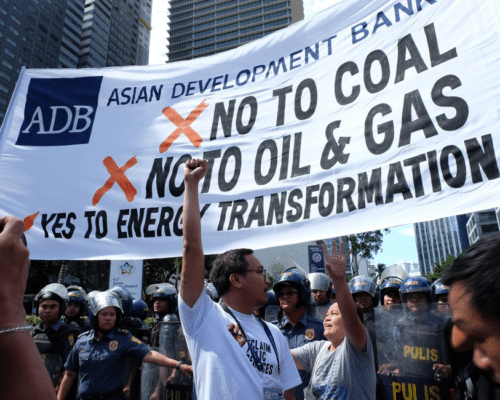
MDBs’ Love for Fossil Fuel Leaves Asian Nations Floundering
Multilateral Development Banks (MDBs) face criticism for financing fossil fuel projects that undermine climate goals. In Bangladesh, the Asian Infrastructure Investment Bank (AIIB) invested $600 million in energy without supporting renewables, enabling coal and gas expansions that displaced communities. Similarly, the Asian Development Bank (ADB) focused on fossil fuels, worsening energy poverty despite claims of improving electricity access. This profit-driven approach exacerbates environmental degradation and social inequality in vulnerable nations.
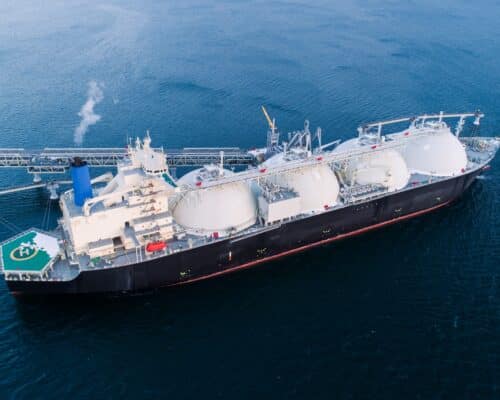
Is LNG Bad for the Environment? Panel Experts Say Yes
Portfolio players are building a wave of new LNG carriers at a record pace to keep up with LNG production. Many of these carriers are being built with unregulated capital and have no or weak environmental regulations. This will create more greenhouse gas emissions and lock in more fossil fuel usage for decades.

Indonesia’s National Energy Plan (RUKN) Is Ambitious But Falls Short of Full Potential: CREA
According to a dedicated analysis by CREA, while ambitious, the RUKN fails to mobilise the full renewable energy potential of Indonesia and misses out on substantial cost-efficiency gains in the electricity sector. However, the experts note there is still time for demonstrating more ambition.
Natural Gas Price Forecast 2025: Asia To Drive Global Demand
In 2025, natural gas markets will continue facing uncertainty, with market analysts warning of continuously increasing prices hitting import-reliant Asian economies. This necessitates accelerating renewables deployment to ensure more affordable, secure and clean energy for their growing economies.

Trump Quits the Paris Agreement: The Consequences
Experts say that while Trump's decision will significantly impact global climate action, it won't derail it since the clean energy transition is already underway. The economic reasoning behind it is too strong to ignore. However, other nations must unite and increase their efforts to protect the most vulnerable.
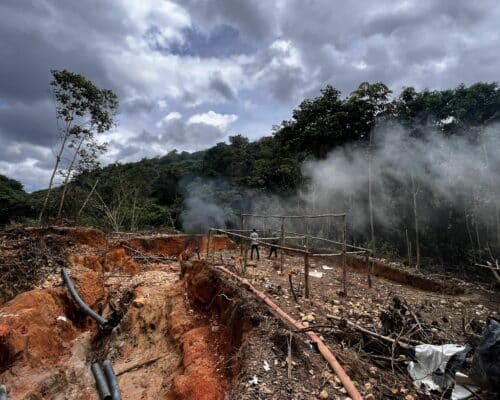
Deforestation: Causes, Effects and Solutions
Deforestation is a significant burden on the world's economy and environment. However, it is primarily driven by agricultural expansion, which is critical to keeping up with growing food demands. Tackling this issue requires a multifaceted approach that balances regulation and sustainable development.
Biodiversity Loss: Causes, Effects and Solutions
Biodiversity is crucial for global ecosystems and the associated services that humans rely on. However, biodiversity loss is increasing exponentially due to human activities. Changing this trend is a crucial step in regional and global climate action.
Most Popular
Categories
-
10
-
34
-
126
-
4
-
17
-
46
-
52
-
11
-
10
-
15
-
24
-
6
-
1
-
5
-
6
-
283
-
200
-
17
-
24
-
1
-
1
-
23
-
41
-
44
-
88
-
18
-
86
-
41
-
17
-
11
-
43
-
54
-
86
-
299
-
22
-
44
-
36
-
11
-
42
-
36

